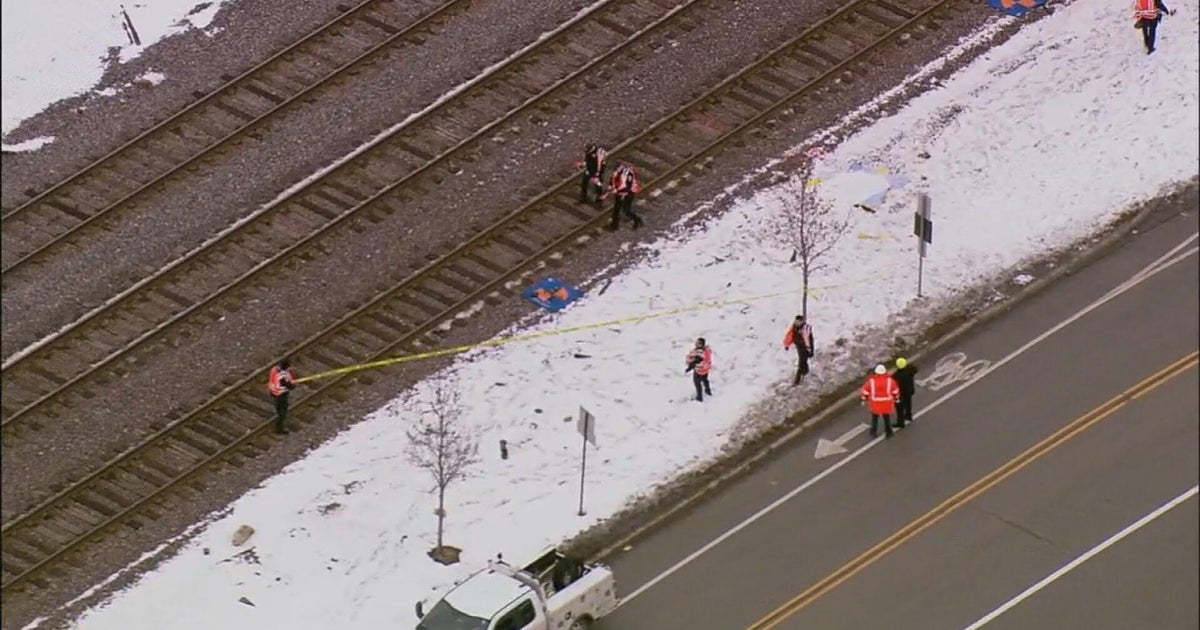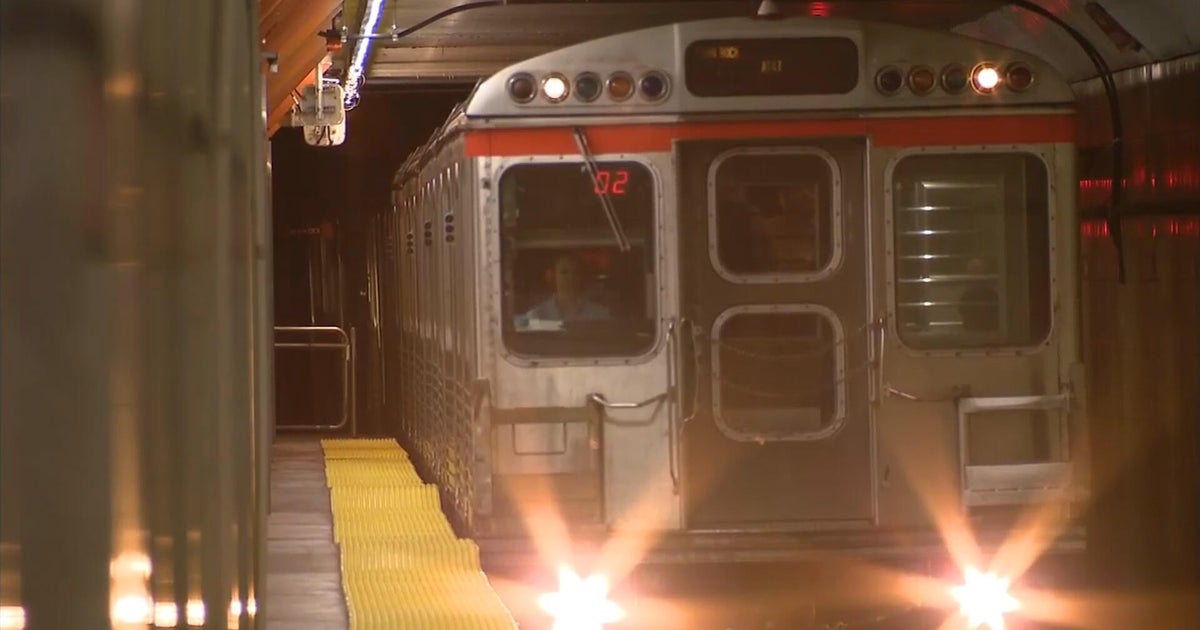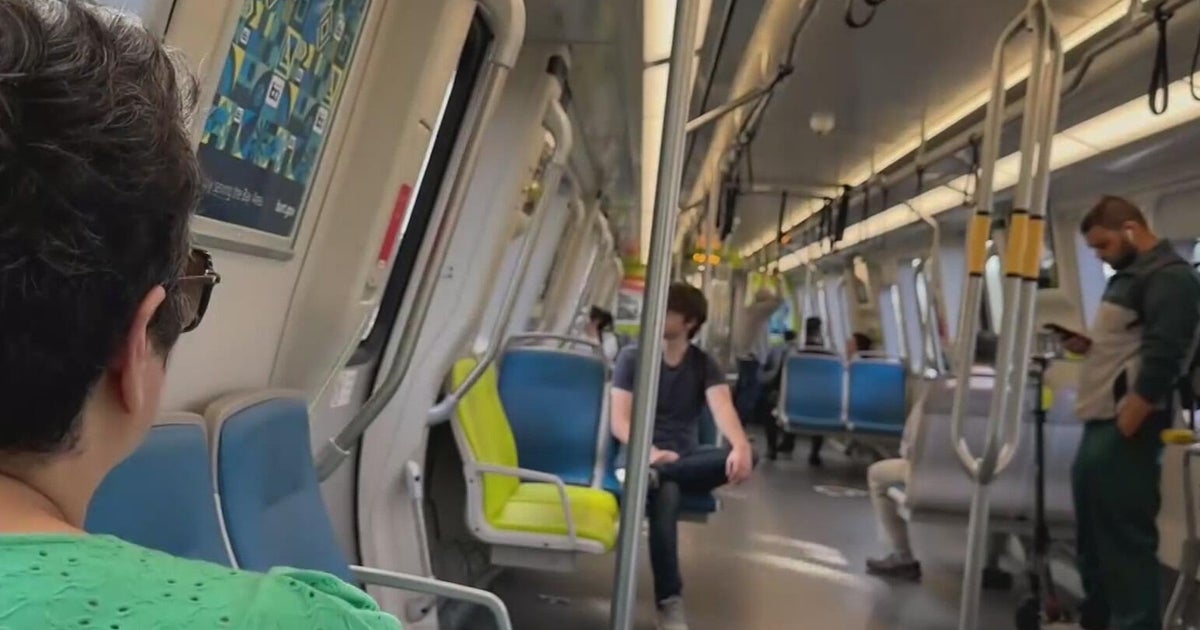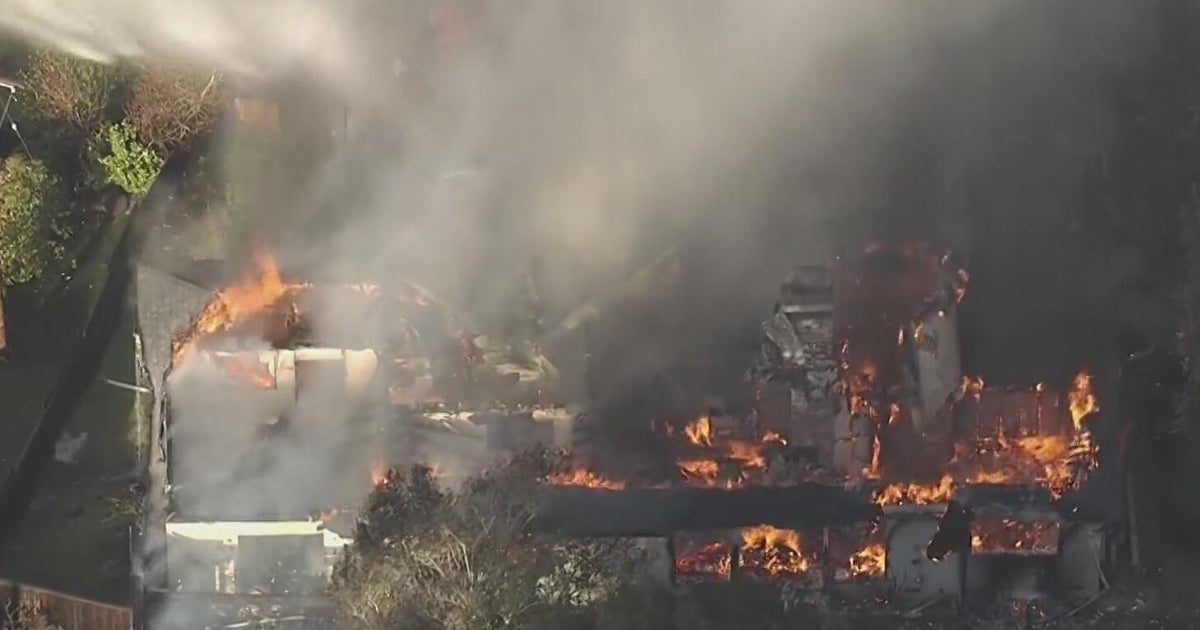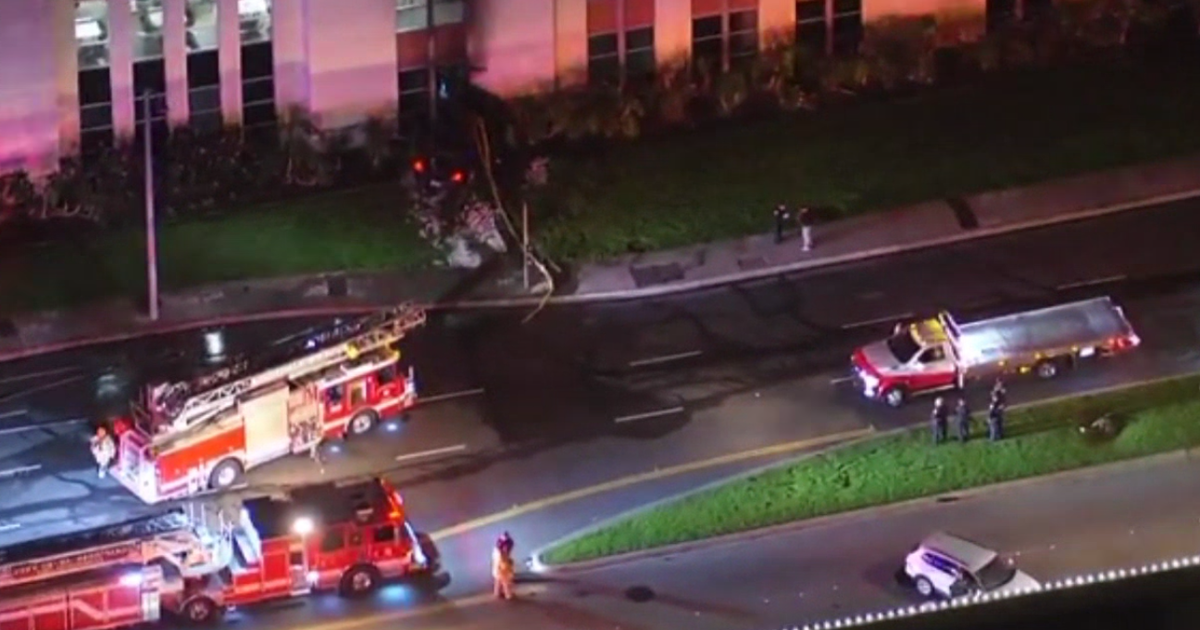Engine Flaws, Crossing Signal Problems Delay Launch Of North Bay SMART Train
SANTA ROSA (CBS SF) -- Commuter train service between Santa Rosa and San Rafael has been delayed from late this year to at least spring 2017, the Sonoma-Marin Area Rail Transit District said Friday.
An underlying design flaw in the crankshaft of the diesel engine that will operate the SMART train cars is one reason for the delay, SMART district's General Manager Farhad Mansourian said.
The District also needs more time for testing its warning devices at the 63 grade crossings along the 43-mile line between Santa Rosa and San Rafael, Mansourian said.
Cummins Inc. manufactures the engines used in SMART's 14 Diesel Multiple Unit (DMU) rail cars. The Sumitomo Corporation of Americas notified the SMART district on July 6 that an engine in a DMU in Toronto, Canada had "a complete in service destructive failure" a week earlier.
A piston rod penetrated the engine block, causing the engine to shut down and the train to lose power," Lisa M. Cobb, LTK Engineering Services' Senior Engineer and SMART Program Manager, said in a letter to Mansourian Friday.
The failure was due to an underlying design flaw in the engine's crankshaft, Cobb said.
"It was agreed that the engines would be rebuilt with a new crankshaft designed for the life of the engine as soon as possible," Cobb said.
All 14 rail cars are expected to be redesigned by April 2017, Cobb said.
Mansourian also informed the SMART Board of Directors that the "extensive, complex and essential" system-wide safety testing of the grade crossing warning devices are incomplete and uncertified but not all of them are malfunctioning.
The train's wheels and the rail must consistently touch and maintain electrical contact for the system to determine the train's location, speed and direction, Mansourian said.
The electrical circuit between the rail and the train's wheels and axles is called a shunt, and the electrical circuit's activity as the train moves down the track is called shunting, Mansourian said.
"Because our train cars are new, our rail is new and because we are not running trains as frequently as needed, the shunting is inconsistent, causing some of our signals to perform inconsistently," Mansourian said.
Sonoma County residents have reported seeing the wood "arms" operating at train crossings on some roads in Sonoma County even when a train was not present.
Mansourian said the solution to the inconsistent shunting is to regularly grind and scrub the rail at night in many segments.
"As a result of these efforts, we are seeing improved shunting, and we are planning on beginning the next phase of testing at higher speeds in some of these areas," Mansourian said.
Mansourian also said SMART has had difficulty finding employees because of the "high cost of living and excessive housing costs" in the two counties.
SMART needs 80 employees in the operation department to operate the train, maintain the signal and rail system and maintain the train cars, Mansourian said.
SMART needed more than 12 employees, Mansourian said.
"We recommended a more generous salary and relocation expenses for the three critical and most difficult to fill positions. Thanks to your Board's approval, we have now hired most of the staff we need," Mansourian said in his report to the Board.
© Copyright 2016 by CBS San Francisco and Bay City News Service. All rights reserved. This material may not be published, broadcast, rewritten or redistributed
